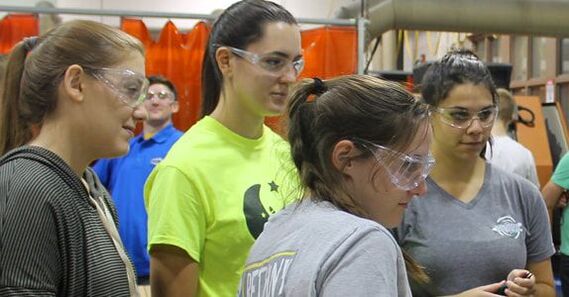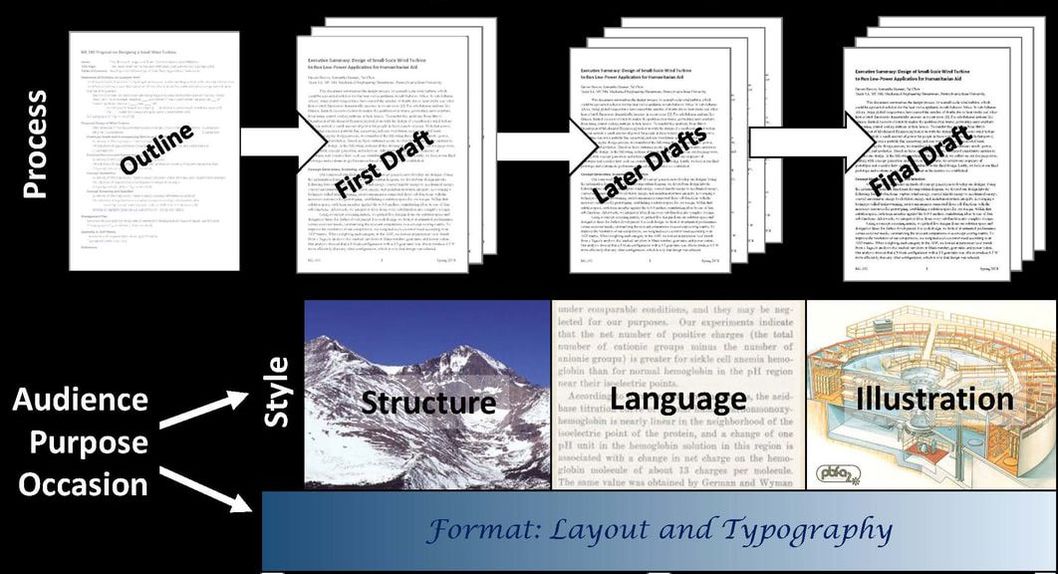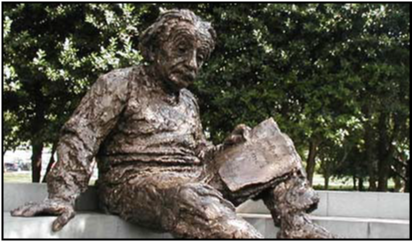Lessons on Scientific WritingIntroduction and Contents
Summary for Undergraduates: Writing as an engineer and scientist Summary for Graduate Students (Forthcoming) Lesson 1: Writing emails and letters Lesson 2: Being precise and clear Lesson 3: Avoiding ambiguity Lesson 4: Sustaining energy Lesson 5: Connecting your ideas Lesson 6: Beginning with the familiar Lesson 7: Organizing research papers Lesson 8: Emphasizing details Lesson 9: Organizing reports Lesson 10: Incorporating illustrations Appendix A: Essence of grammar Appendix B: Essence of punctuation Appendix C: Avoiding common errors of usage Appendix D: Choosing a professional format Writing Reports
Instructor Resources
|
Writing Emails and Letters
Exercises
|




